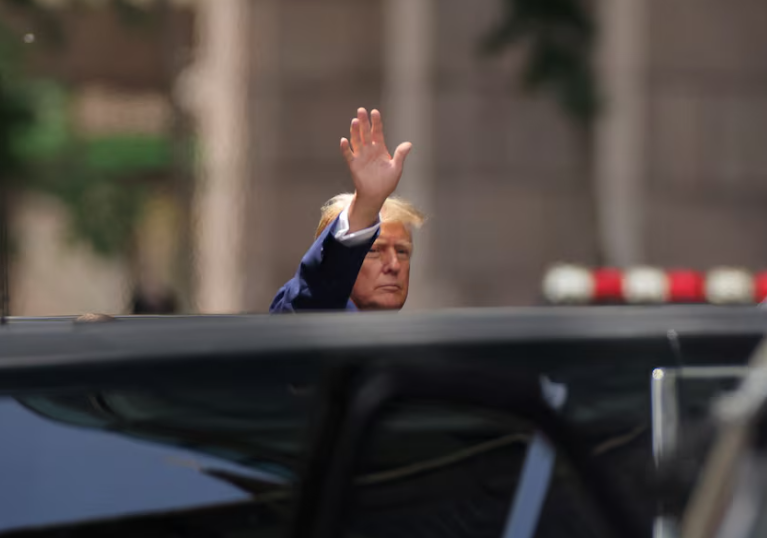The U.S. Supreme Court appeared poised Wednesday, November 5, 2025, to strike down President Donald Trump’s sweeping tariffs on imports from China and 12 other nations, with several conservative justices joining liberals in questioning whether the administration overstepped its authority under a 1977 emergency powers law.
In a rare consolidated hearing of Learning Resources, Inc. v. Trump (No. 25-23) and V.O.S. Selections, Inc. v. Trump (No. 25-24), the court grilled government lawyers over the use of the International Emergency Economic Powers Act (IEEPA) to impose 25–60% duties on $800 billion in annual imports — measures that have fueled inflation, disrupted supply chains, and generated $151 billion in federal revenue since July.
“You’re asking us to bless taxation without representation,” Justice Clarence Thomas remarked sharply, echoing a refrain from conservative justices wary of executive overreach.

The challengers — a children’s toy importer facing bankruptcy and a New York wine distributor — argued that IEEPA was designed for targeted sanctions, not broad trade policy. Twelve Democratic-led states joined the suit, warning of cascading price hikes (up 20–40% on affected goods) and state budget strains.
Solicitor General counsel defended the tariffs as a legitimate national security response to intellectual property theft and supply-chain vulnerabilities, citing historical precedent under President Nixon. But Justice Amy Coney Barrett pressed for limiting principles: “Where does this stop? Could the president tariff Canadian lumber next?”
Chief Justice John Roberts and Justice Neil Gorsuch expressed concern over refund logistics if the tariffs are invalidated — potentially forcing the Treasury to return over $200 billion to importers.
Liberal justices focused on economic harm. “Real people are paying for this,” Justice Sonia Sotomayor said, noting school districts cutting programs due to higher costs for educational materials.
Legal analysts predict a 6-3 decision invalidating the tariffs, strengthening the major questions doctrine and dealing a major defeat to Trump’s trade agenda.
A ruling against the administration could trigger immediate market volatility, force congressional action on trade authority, and escalate U.S.-China tensions.
The court issued no orders Wednesday but relisted Coney Island Auto Parts, Inc. v. Burton for Friday conference. Arguments continue Friday with environmental and criminal justice cases.

